Meditation & Yoga, Articles, Science & Studies
Yoga Breathing, Meditation, and Longevity: Exploring the Science Behind Breathwork’s Impact on Health
Introduction: The Link Between Breathwork, Meditation, and Longevity
In recent years, yoga breathing (pranayama) and meditation have gained immense popularity as tools for enhancing mental well-being and physical vitality. But beyond their immediate benefits, how do these practices contribute to longevity? The study “Yoga Breathing, Meditation, and Longevity” by Dr. Richard P. Brown and Dr. Patricia L. Gerbarg, published in the Annals of the New York Academy of Sciences, delves into the science behind how breathwork and meditation can positively impact lifespan and overall health.
The Connection Between Breath and Longevity
Breathing is more than just a means of survival—it’s a powerful tool that influences our emotional, mental, and physical states. The study by Brown and Gerbarg highlights how yogic breathing can directly affect mechanisms linked to longevity. Controlled breathing, such as pranayama, can rapidly calm the mind, alleviate stress, and even impact our genetic expression, contributing to a healthier, longer life.
How Yogic Breathing Affects the Body and Mind
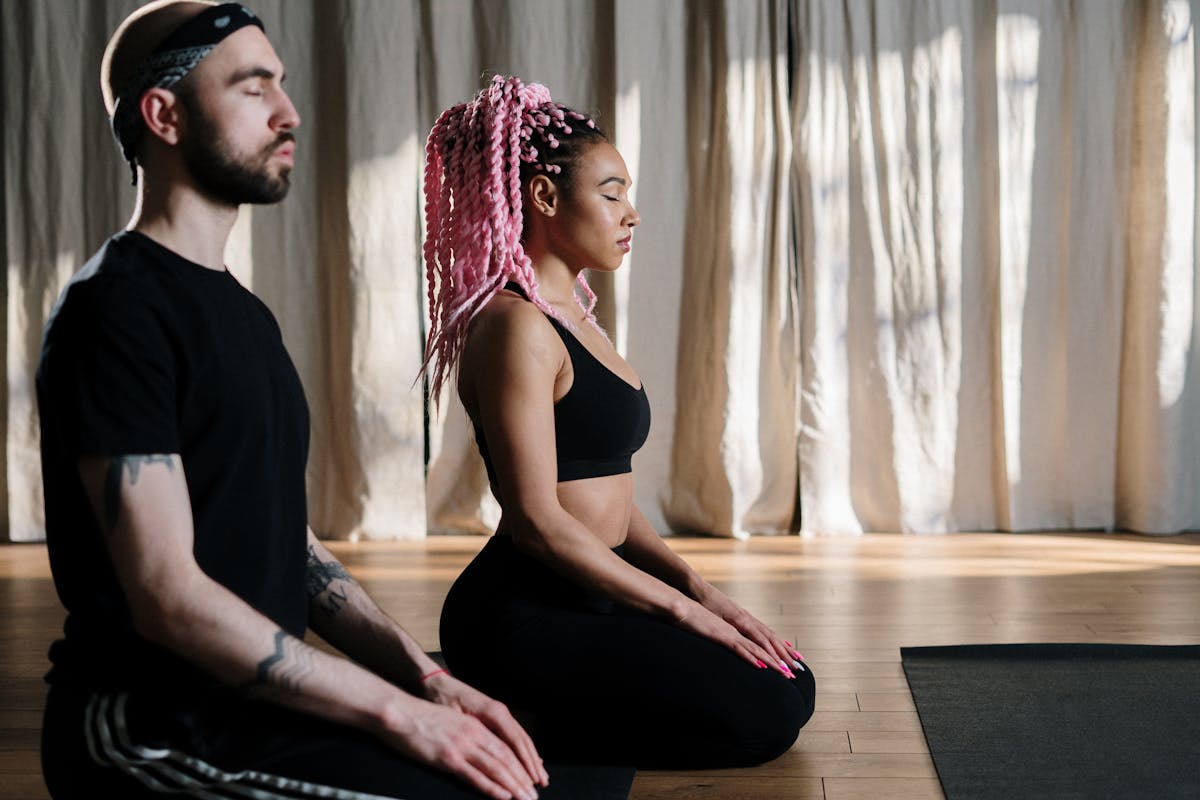
Reduces Stress and Anxiety
Stress is one of the most significant factors that can impact longevity, contributing to heart disease, immune dysfunction, and mental health issues. Yogic breathing activates the parasympathetic nervous system, which helps in reducing cortisol (the stress hormone), promoting a state of relaxation and calm. The Sudarshan Kriya Yoga (SKY) technique, a specific form of breathwork covered in the study, has shown significant promise in reducing symptoms of anxiety and depression. Read more on breathwork for anxiety ”The Power of Breathwork: Enhancing Mood and Reducing Anxiety Through Structured Breathing”
Enhances Emotional Regulation
Brown and Gerbarg discuss the reciprocal relationship between breath and emotion. Emotional states influence respiratory patterns—when we are stressed or fearful, our breathing becomes shallow and rapid. Conversely, changing our breathing pattern can help control emotional responses. This control over emotional states, achieved through practices like pranayama, can reduce anger, fear, and sadness, leading to a more balanced life.
Supports Heart Health and Autonomic Function
The study explains that breathwork influences the autonomic nervous system, which controls involuntary functions like heart rate, digestion, and respiratory rate. By enhancing cardiac vagal tone, yogic breathing can lower heart rate and blood pressure, directly contributing to cardiovascular health. Improved heart rate variability (HRV), a marker of heart health, is associated with reduced risks of heart disease and other stress-related illnesses. More on HRV ”Understanding Heart Rate Variability (HRV) and Its Link to Emotional Resilience”
Improves Mental Health and Resilience
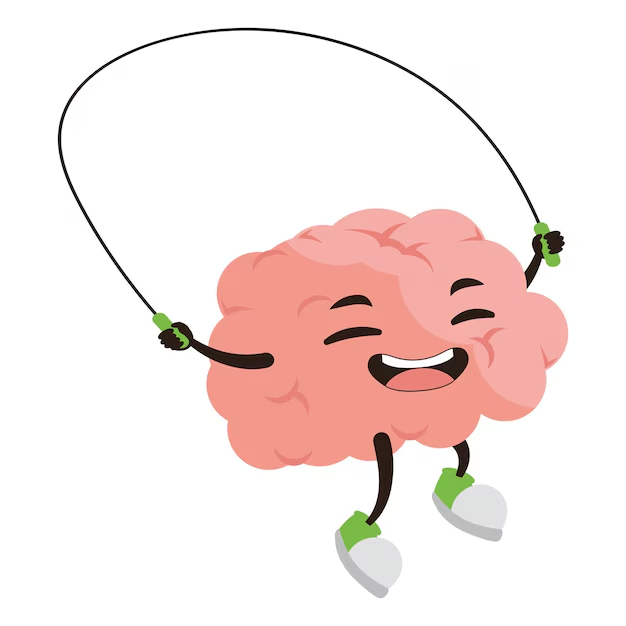
Yogic breathing and meditation have shown benefits for mental health beyond just relaxation. The study provides clinical evidence suggesting that practices like SKY can alleviate stress, anxiety, depression, and even post-traumatic stress disorder (PTSD). In environments of mass trauma, such as natural disasters, yoga breathing has been a valuable tool for emotional regulation and mental resilience.
Influences Neurotransmitters and Mood Regulation
Breathwork practices affect neurotransmitters like serotonin, GABA, and dopamine, which regulate mood, stress, and emotional balance. By balancing these neurotransmitters, yoga breathing can improve overall well-being, mood, and mental clarity, offering a natural alternative to traditional therapies for mental health.
Mechanisms that Link Breathwork to Longevity
The study suggests that breathwork and meditation may influence longevity through several biological mechanisms:
Regulation of Inflammation and Immune Response
Chronic inflammation is linked to aging and diseases like diabetes, heart disease, and cancer. Breathwork can help regulate immune response, potentially reducing inflammation levels in the body.
Improved Cellular Health
Practices like pranayama and meditation may support telomere health—protective caps on chromosomes that are indicators of biological age. Longer telomeres are associated with slower aging and better overall health.
Enhanced Brain Function
Regular breathwork can increase oxygen flow to the brain, improving focus, memory, and cognitive function. Enhanced cognitive health is crucial for longevity, as mental decline is a common aspect of aging.
Sudarshan Kriya Yoga (SKY): A Case Study in Longevity
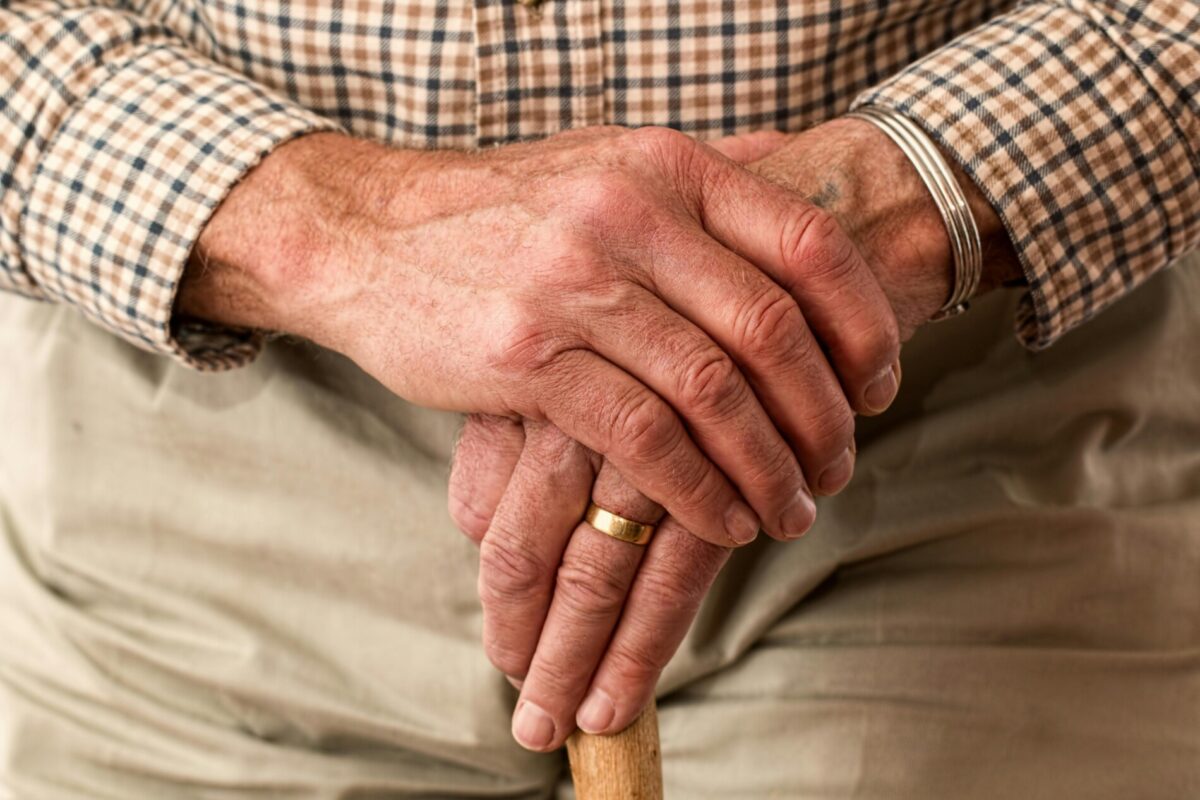
The study highlights Sudarshan Kriya Yoga (SKY), a structured breathwork technique known for its health benefits. Research has shown that SKY can help alleviate stress, enhance mood, and reduce symptoms of anxiety and depression. SKY’s rhythmic breathing pattern is designed to support both the sympathetic and parasympathetic nervous systems, creating a balance that aids in emotional resilience and mental clarity.
Practical Applications: Incorporating Breathwork for Longevity
Daily Breathing Practice
Integrate a few minutes of pranayama into your daily routine, focusing on deep, slow breathing. This practice can reduce stress and improve autonomic function.
Structured Breathwork Sessions
Set aside time each week to practice structured breathing techniques like SKY. Practicing regularly can amplify the health benefits, improving both mental and physical resilience over time.
Mindful Breathing Throughout the Day
Even simple awareness of breath can be transformative. Whenever you feel stressed or anxious, focus on taking a few deep breaths, which can quickly calm the nervous system.
The Future of Yoga Breathing and Longevity Research
As more research supports the impact of breathwork on health, longevity, and emotional resilience, practices like yoga breathing and meditation are becoming essential components of holistic health strategies. The study by Brown and Gerbarg provides a solid foundation for the potential of breathwork, but as interest grows, future studies may offer even deeper insights into how these ancient practices support modern health and longevity.
By incorporating yogic breathing and meditation practices into your life, you can not only enhance your well-being but also potentially add years to your life. Embracing these ancient techniques in our modern world offers a natural path toward improved physical and mental health, fostering a balanced, resilient, and healthier you.
Free Breatheology Courses ⬇️
Breatheology Discovery: Elevate Your Health with Simple Breathing Techniques
Take a deep dive into the art of conscious breathing with Breatheology Discovery! In just a few days, you’ll learn easy yet powerful techniques to improve your health, reduce stress, and calm your mind. Start your journey to a healthier, more relaxed life, one breath at a time.
-> Join Breatheology Discovery – Join Free!
Breath Hold Challenge: Test Your Limits and Build Mental Resilience
Ready to push your boundaries? The Breath Hold Challenge will teach you how to hold your breath up to three minutes, reduce stress, and enhance mental toughness. Plus, invite friends and compete for exclusive rewards. Challenge yourself and see how powerful your breath can be!
-> Take the Breath Hold Challenge – Join Free!
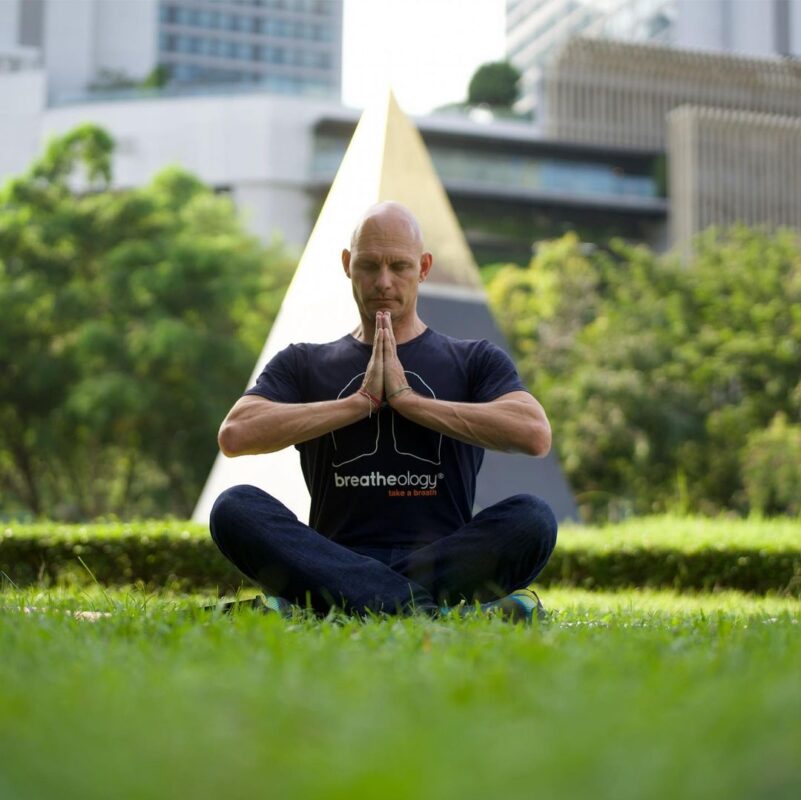
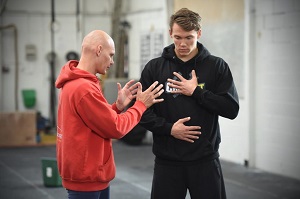
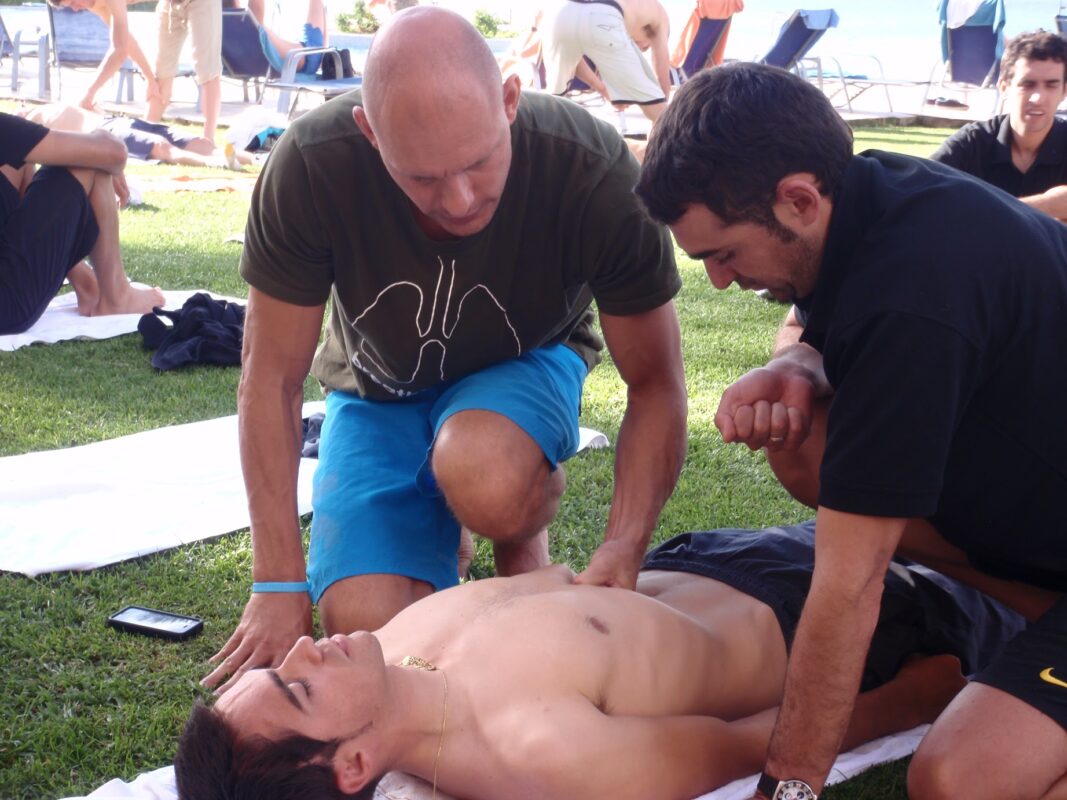
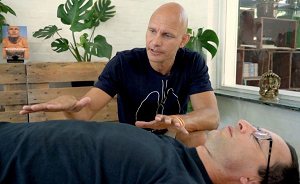
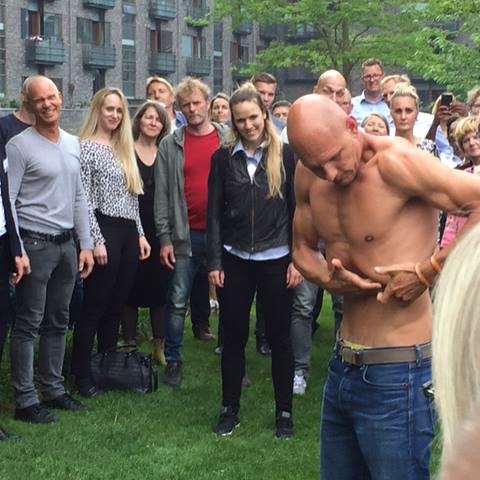
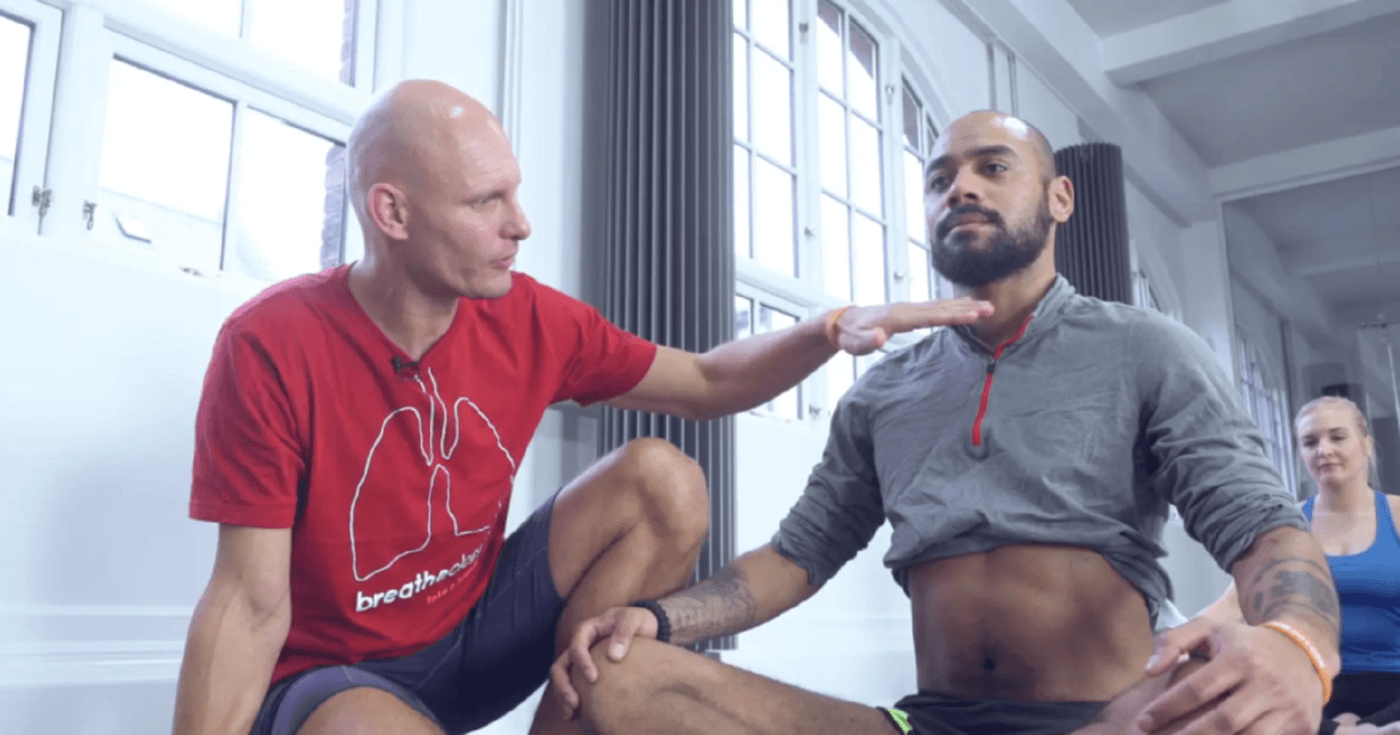
Related Articles
- The Role of the Vagus Nerve in Managing Stress: How Breathing Can Calm Your Mind and Body
- Understanding Heart Rate Variability (HRV) and Its Link to Emotional Resilience
- Neurotransmitters and Breathing: Balancing Serotonin, GABA, and Dopamine
- How Breathing Can Decrease Stress and Anxiety
